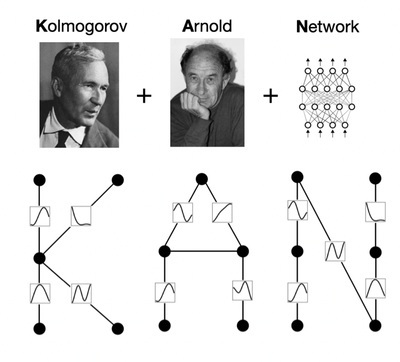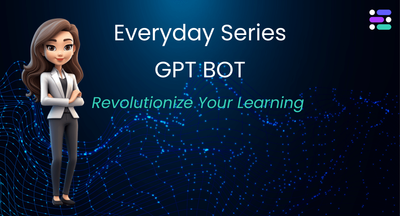Generative AI: An Economic Revolution on the Horizon?

The dawn of generative artificial intelligence (AI) marks a turning point in technology and society, with the potential to reshape the global economy and disrupt labour markets. As generative AI advances in its capabilities, it can generate content that is nearly indistinguishable from the human-created output and break down communication barriers between humans and machines. The potential macroeconomic effects of these advancements are substantial, but the timeline and extent of their impact remain uncertain.
The Disruption of the Labor Market
Generative AI promises a new level of task automation, which could have profound implications for the labour market. Data from the US and Europe indicate that approximately two-thirds of current jobs are at risk of AI automation. Globally, generative AI could expose up to 300 million full-time jobs to automation, leading to significant workforce displacement.
AI poses a threat to two thirds of jobs in the US and Europe
Historical Precedents and Job Creation
Despite the potential for job displacement, history suggests that automation can also lead to new job creation. Technological innovations have historically resulted in the emergence of new occupations, accounting for the majority of long-term employment growth. Labour cost savings, coupled with new job creation and increased productivity for non-displaced workers, raise the possibility of a productivity boom that could dramatically increase economic growth.
The Impact on Labor Productivity and GDP
Our estimates suggest that generative AI could raise annual US labor productivity growth by nearly 1.5 percentage points over a 10-year period following widespread adoption. However, the actual boost to labour productivity could be smaller or larger, depending on the difficulty of tasks AI can perform and the number of jobs ultimately automated.
On a global scale, generative AI could potentially increase annual global GDP by 7%. While the precise impact of AI will depend on its capabilities and adoption timeline, these estimates underscore the immense economic potential of generative AI if it fulfils its promise.
Conclusion
Generative AI has the potential to revolutionize the global economy, leading to significant labour cost savings, increased productivity, and widespread disruption of the labour market. Although the exact timeline and scope of generative AI's impact remain uncertain, the potential economic benefits are immense. As AI technology continues to advance, its potential to reshape our world and revolutionize the global economy becomes more tangible. As we stand on the brink of this new frontier, it is essential for governments, businesses, and individuals to be prepared for the potential economic revolution generative AI may bring.
Read more:
https://www.bbc.com/news/technology-65102150.amp
We research, curate and publish daily updates from the field of AI. Paid subscription gives you access to paid articles, a platform to build your own generative AI tools, invitations to closed events and open-source tools.
Consider becoming a paying subscriber to get the latest!
No spam, no sharing to third party. Only you and me.






